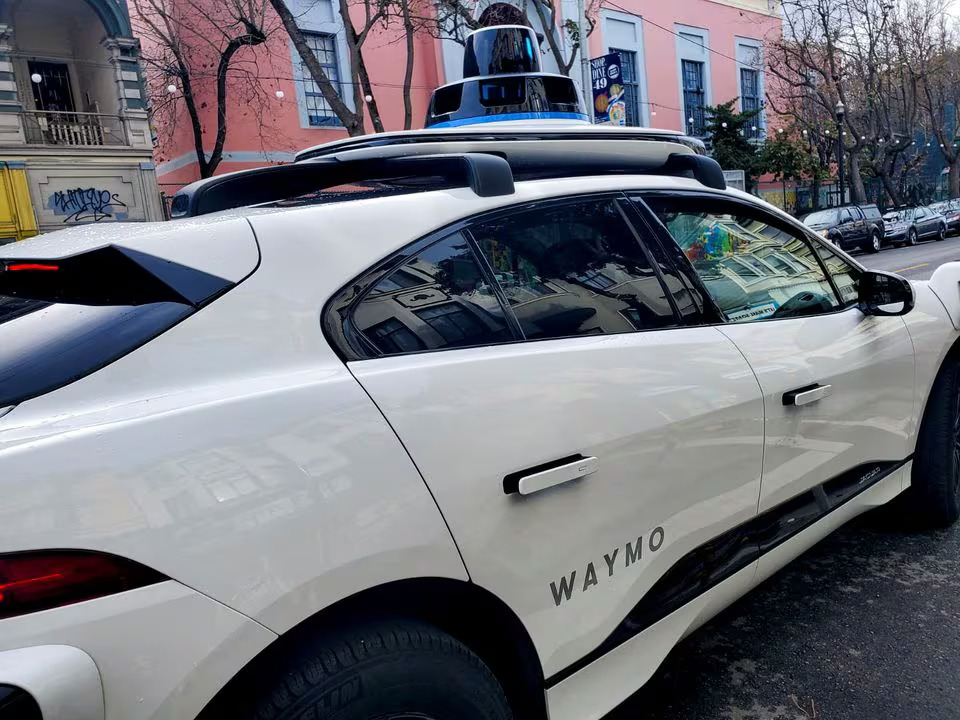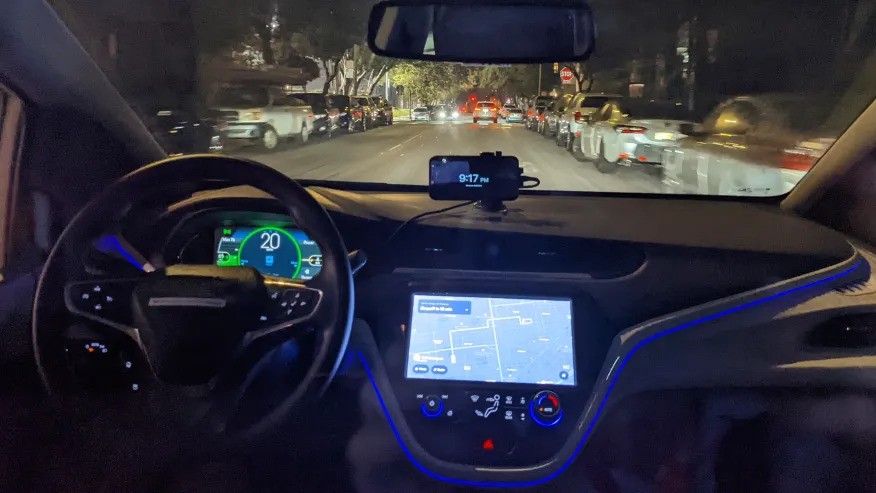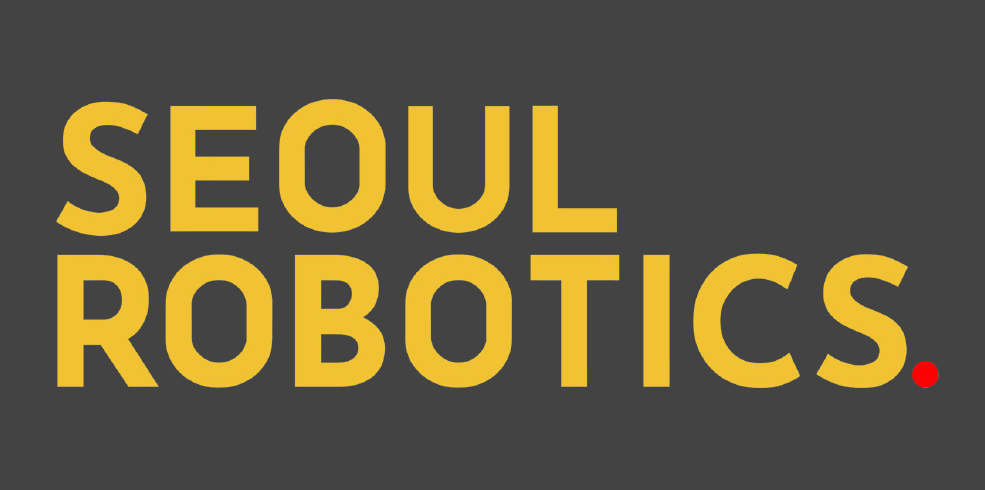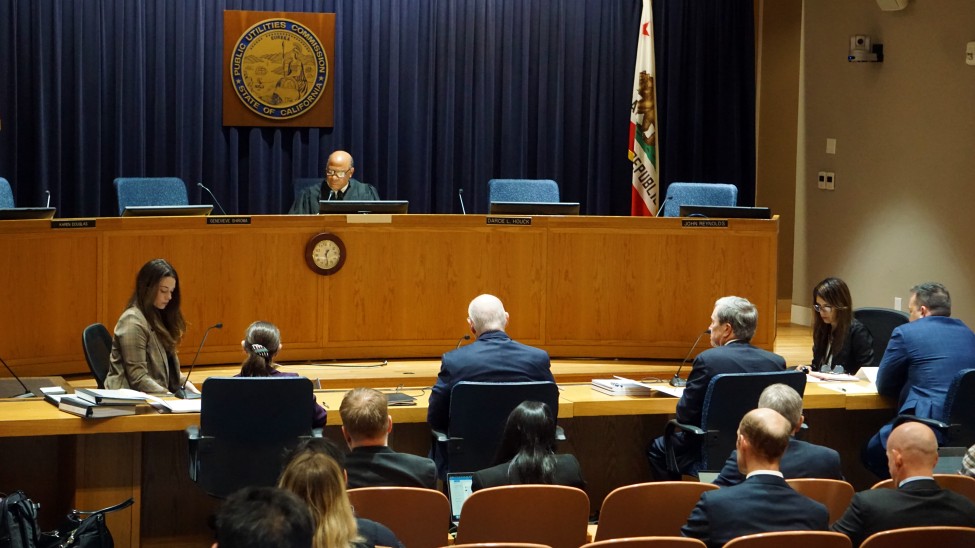
Vueron Newsletter
No. 88
2024.02.09
| Waymo robotaxi accident with San Francisco cyclist draws regulatory review | ||
| Hesai Group Statement on the U.S. Department of Defense “Chinese Military Companies” List | ||
| Seoul Robotics to Pursue Initial Public Offering with Samsung Securities as it Expands OEM Partnerships, Presence in Global Automotive Logistics Market | ||
| Cruise offers to pay $112K in fines over allegations it misled regulators about driverless car |
1. Waymo robotaxi accident with San Francisco cyclist draws regulatory review
-
- A Waymo driverless car collided with a cyclist in San Francisco, resulting in minor injuries to the cyclist.
- The incident is under review by California’s auto regulator, the Department of Motor Vehicles (DMV).
- Waymo reported that its vehicle was stopped at an intersection when a large truck turned into its path, obstructing the visibility of the cyclist.
- Despite braking heavily when the cyclist became visible, the collision could not be avoided.
- Emergency services responded to the incident, but the cyclist did not require hospitalization.
- The San Francisco Police Department is investigating the cause of the collision.
- Waymo has been expanding its driverless service, notably in Los Angeles, but faces resistance due to safety concerns.
- The article mentions a previous incident involving GM’s Cruise self-driving car unit, which faced probes from the U.S. Justice Department and Securities and Exchange Commission after an accident involving a pedestrian.
- There have been calls from unions for an industry-wide probe into driverless vehicles due to safety concerns.

The mention of previous incidents involving other autonomous vehicle companies like GM’s Cruise unit indicates that safety concerns are not unique to Waymo and are part of broader discussions surrounding the development and deployment of self-driving technology. Calls for industry-wide probes and increased scrutiny from regulatory bodies suggest a growing demand for comprehensive safety assessments and regulatory frameworks to address the risks associated with autonomous vehicles.
2. Hesai Group Statement on the U.S. Department of Defense “Chinese Military Companies” List
-
- Hesai expresses deep disappointment at being added to the U.S. Department of Defense’s list of “Chinese Military Companies.”
- They emphasize that their lidar technology is intended solely for civilian use and is not sold to any military in any country.
- Hesai is a publicly traded, privately owned company with an independent corporate governance structure.
- Their lidar products have never been designed or validated for military specifications and are classified as not suitable for any military application by the U.S. Department of Commerce.
- Hesai does not expect significant disruption to its business due to the inclusion on the list, as they have not sold products to the U.S. Department of Defense or any other military parties in the past, nor do they plan to in the future.
- They attribute their inclusion on the list to a media smear campaign and lobbying efforts by competitors, who seek to block Hesai’s lidar products due to their technological superiority and quality.
- Despite the challenges, Hesai remains committed to developing lidar technologies that enhance road safety and are trusted by leading companies globally.

The article underscores the potential impact of being labeled as a “Chinese Military Company” by the U.S. Department of Defense, even for companies primarily focused on civilian applications. The emphasis on the safety benefits of Hesai’s lidar technology suggests a strategic narrative aimed at highlighting the positive societal impact of their products and counteracting negative portrayals fueled by political motivations.
3. Apple tripled testing of self-driving cars
-
- Apple’s intensified efforts in autonomous driving technology are evident from a surge in miles tested on California roads.
- Public records show a significant expansion in Apple’s fleet, which has tripled in size to 67 vehicles equipped with autonomous capabilities.
- The vehicles, identifiable by large sensors atop gold SUVs, have been observed navigating intersections near Apple’s headquarters.
- Between December 2022 and November 2023, Apple’s cars covered over 450,000 miles in California, indicating a substantial increase from previous years.
- Despite Apple’s secretive nature, its move into public testing reflects confidence in autonomous driving technology, despite regulatory scrutiny and technical challenges.
- Industry experts interpret this expansion as a bold move in a volatile industry, acknowledging the potential of autonomous driving amidst accidents and legal battles.
- While Apple’s progress may appear modest compared to leaders like Waymo, its cautious approach aligns with a reported shift towards driving-assistance features similar to Tesla’s.

Apple’s increased testing activity signals a significant commitment to autonomous driving technology, representing a notable shift in the company’s focus. Apple’s decision to engage in public testing despite its traditionally secretive approach reflects the company’s confidence in its technology and its willingness to navigate the complexities of the autonomous driving industry.
4. Seoul Robotics to Pursue Initial Public Offering with Samsung Securities as it Expands OEM Partnerships, Presence in Global Automotive Logistics Market
-
- Seoul Robotics, a leader in commercial autonomous driving solutions, announces plans for an initial public offering (IPO) on the KOSDAQ in 2025.
- Samsung Securities is selected as the lead manager for the IPO.
The decision follows new partnerships with two major global automotive OEMs. - Seoul Robotics specializes in first- and last-mile autonomous driving solutions for controlled environments, such as vehicle production plants.
- Their Autonomy through Infrastructure (ATI) approach enables level-5 autonomy, improving operational efficiencies and reducing costs for OEMs.
- Their Level 5 Control Tower (LV5 CTRL TWR) solution, powered by deep learning AI, was first deployed by BMW in Dingolfing, Germany, transforming vehicle logistics.
- LV5 CTRL TWR uses a mesh network of sensors on infrastructure to guide vehicles autonomously, enhancing safety and efficiency.
- Ahead of the IPO, Seoul Robotics plans a pre-IPO funding round to recruit talent and intensify R&D efforts to attract more clients globally.

Seoul Robotics’ decision to pursue an IPO reflects confidence in its technology and business model, as well as a strategic move to raise capital for further growth and expansion. The pre-IPO funding round signifies a commitment to strengthening the company’s workforce and enhancing its technology, positioning it for further success in the global automotive logistics industry.
5. Cruise offers to pay $112K in fines over allegations it misled regulators about driverless car
-
- Top executives from Cruise, a driverless car subsidiary of General Motors, faced an administrative law judge to address allegations of misleading the public and regulatory agencies regarding an Oct. 2 incident in California.
- Cruise admits fault but denies intentionally misleading regulators, acknowledging “regrettable” missteps.
- The company offered to settle by expanding disclosure of collision details and paying $112,500 in fines, which was increased during the hearing.
- The incident involved a driverless Cruise car dragging a woman 20 feet after an initial hit-and-run accident.
- Cruise initially omitted details of the incident when reporting to regulatory agencies, leading to accusations of misleading them.
- The judge must decide whether to accept, revise, or reject Cruise’s settlement offer.
- While the judge welcomed the increased fine offer, he criticized Cruise for failing to disclose details promptly.

The proposed settlement and increased fines indicate Cruise’s attempt to address concerns and resolve the matter swiftly. The judge’s scrutiny of Cruise’s actions emphasizes the importance of full and immediate disclosure to regulatory agencies, indicating the seriousness of the situation.
*Contents above are the opinion of ChatGPT, not an individual nor company

